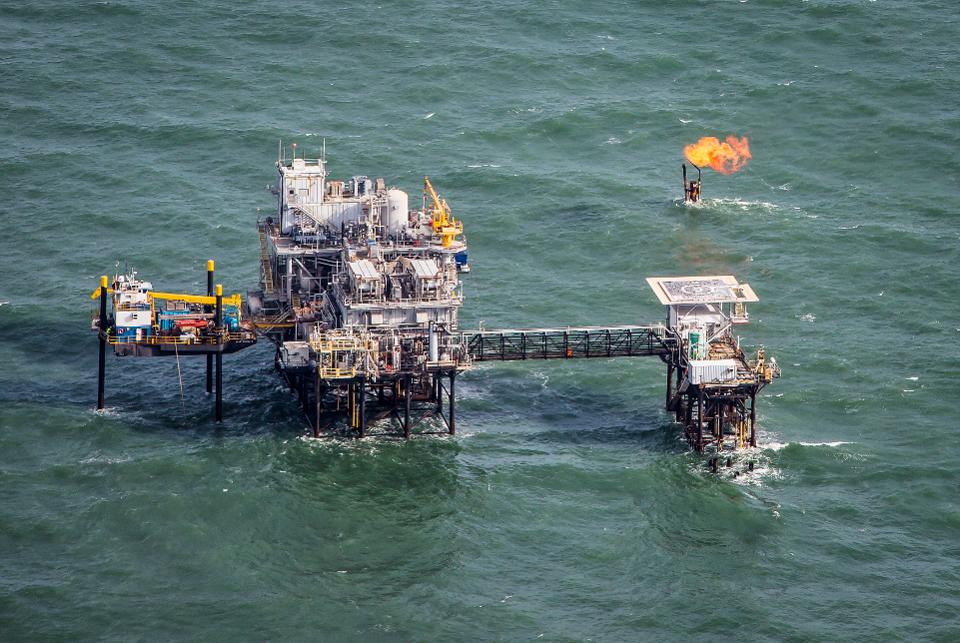HOUSTON, Texas, July 14 (NNN-AGENCIES) – Oil production slackened this week, as worries about tropical storm Barry, in the Gulf of Mexico spread, impacting prices across the globe, including those of global benchmarks Brent crude and West Texas Intermediate (WTI), experts said.
About 59 percent, or 1.1 million barrels per day (b/d), of crude oil production in the U.S.-controlled areas of the Gulf of Mexico was cut this week, because of the storm, according to the U.S. Bureau of Safety and Environmental Enforcement, a division of the U.S. Department of Interior.
“About 44 percent of natural gas output was also closed down,” Tom Kool, editor of OilPrice.com, said.
When the market closed on Friday, Brent crude futures settled at 66.72 U.S. dollars a barrel, climbing 20 cents, while U.S. WTI crude futures settled at 60.21 dollars a barrel, up one cent.
Brent prices rose four percent this week, while WTI posted a 4.7-percent increase.
Fears of flooding in states like Louisiana are high, as Barry is expected to hit land this weekend and be upgraded, possibly, to hurricane status. This may also slow down global economic growth, at least temporarily, even though the Organisation of Petroleum Exporting Countries (OPEC) earlier this week forecast an oversupply of crude oil.
A report released by the Energy Information Administration (EIA), a unit of the U.S. Department of Energy, indicated that, global oil demand will decline for the rest of this year.
In its latest Short-Term Energy Outlook, released earlier this week, EIA forecast global oil demand will rise by 1.1 million b/d in 2019, 0.2 million b/d less than forecast in June. The EIA expected demand to grow to average 1.4 million b/d in 2020.
Another factor for energy prices is competition. Production of natural gas is increasing in Argentina, and soon, around the world, a report released by the EIA said.
“Argentina’s domestic natural gas production has been rising steadily in the past three years, largely because of increasing production from the Neuquen Basin’s Vaca Muerta shale and tight gas play,” said the report.
“As production grows, Argentina resumed exporting natural gas by pipeline to neighbouring Chile and Brazil and has started exporting liquefied natural gas (LNG).”
Next year, European production of LNG from Nord Stream 2 is supposed to come online. That would substantially increase global sales of the product. But political plays in the United States may mute the impact. U.S. President Donald Trump and the Congress are threatening sanctions on firms that collaborate with Russia on the LNG pipeline project to Germany.
“It’s the Polish energy consumption relationship that has pushed Trump forward on this,” Matthew Tyrmand, director of American Transparency/Open the Books.com, a non-profit organisation, said. “Poland is now a huge buyer of American LNG.”– NNN-AGENCIES






